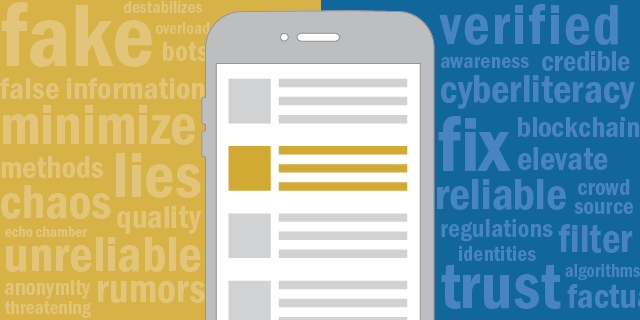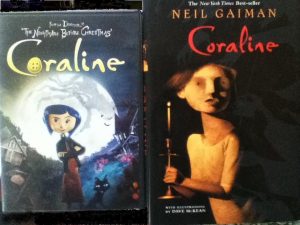Facts over fiction: the importance of verification
January 13, 2021
Nowadays, the biggest social media platforms have become more than just places to share or communicate with friends. Social media has become a universal mecca for the ignition of political movements. In the wake of many large events in the world of politics—such as the death of George Floyd and the 2020 presidential election—many have taken to social media as a way to express their thoughts and opinions, even if they are unresearched, unstructured, or even completely and humiliatingly nonsensical.
Human rights are not a trend. Being political on social media has seemed to become a trend, and with more and more people jumping on the bandwagon, many others who are under informed are chiming in. Most have a ‘follow the leader’ mentality that does little to nothing to help those who seek fair and equal treatment such as in the BLM Movement. Posting about something once does not make someone automatically woke to the unjust and even brutal treatment of minority groups. These are real problems that real people have to face everyday and a simple repost or picture of a black square with nothing but a hashtag does not provide any real support.
Additionally, with the recent election and political climate issues, it seems as if everyone is talking about their opinions, but some people aren’t doing their proper research before posting for the masses to see. Today, many people click the share button on a post without taking a second glance, fact checking, or verifying what they saw. This can become dangerous. If we don’t fact check or verify, it can lead to a mass spread of misinformation. And if a large enough number of people believe this misinformation, what could the consequences be? How are we supposed to make wise, educated decisions when the basis of our knowledge isn’t even fully true? People’s lives and rights are at stake, and it is more important for the right information to be spread than to make yourself look superficially politically educated in the eyes of others.
Posting about a problematic situation on social media without knowing the full story not only negatively impacts others as you are spreading false information, but also yourself. Not only is it harmful to spread misinformation to the potential people who see your post, it’s harmful to your self image. Everything you post online stays to haunt you in the future, and political things are a touchy subject. Just one thing posted that is offensive to a group can end up being detrimental to your future. Instead of trying to appear a certain way, make sure you are informed and know the reasoning behind the topic you are about to post about. Once you can back up your opinions, you can post about them. Posting about sensitive topics like BLM, the LGBTQ+ community, and politics in general should not be taken lightly. When you decide to hit the post button, make sure you think over what you’re about to post, and ask yourself if it’s true or even necessary. Put simply: if you don’t know about it then don’t post about it.
It is clear to see how many users have taken their technological freedom to illogical heights, posting recklessly and mindlessly in an attempt to appear more knowledgeable and “woke.” It is important to know what all this does is make you a quack. All in all, it takes time and effort to develop a basic understanding, and if you want to make a statement, don’t just follow a trend, spread awareness. It does not matter how big your following is, every voice and will matters in order to make the world a better place, little by little.









